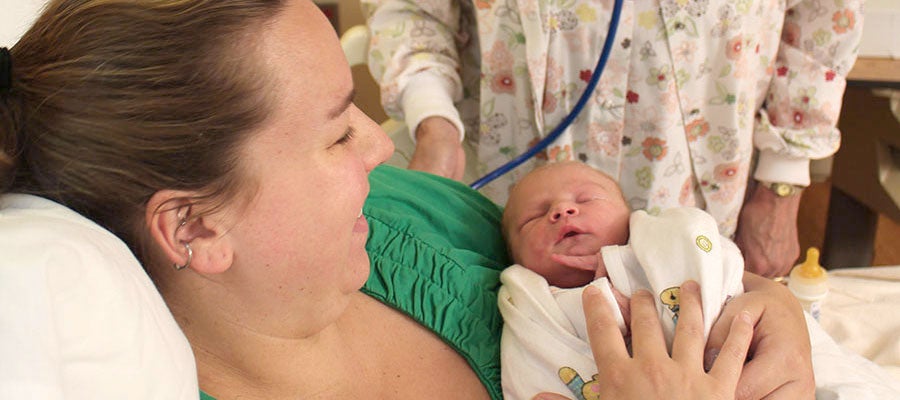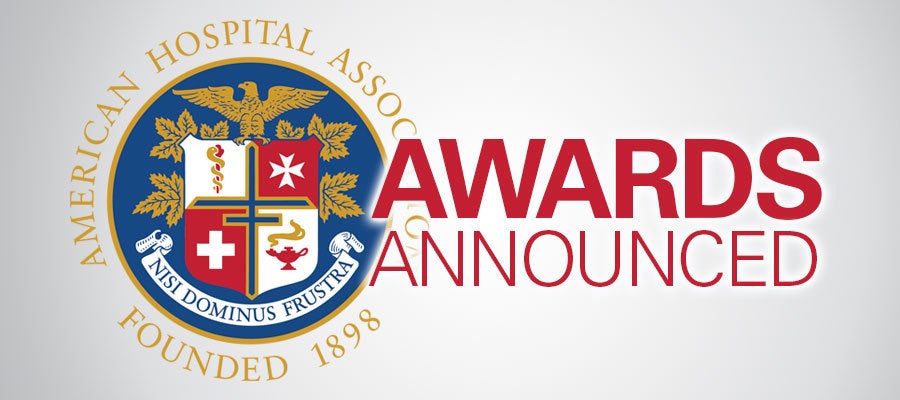
Elisa Arespacochaga, AHA’s vice president of clinical affairs and workforce, outlines the critical importance of clinician well-being programs to help address physician burnout and suicides and workforce shortages, particularly during the COVID-19 public health crisis.






